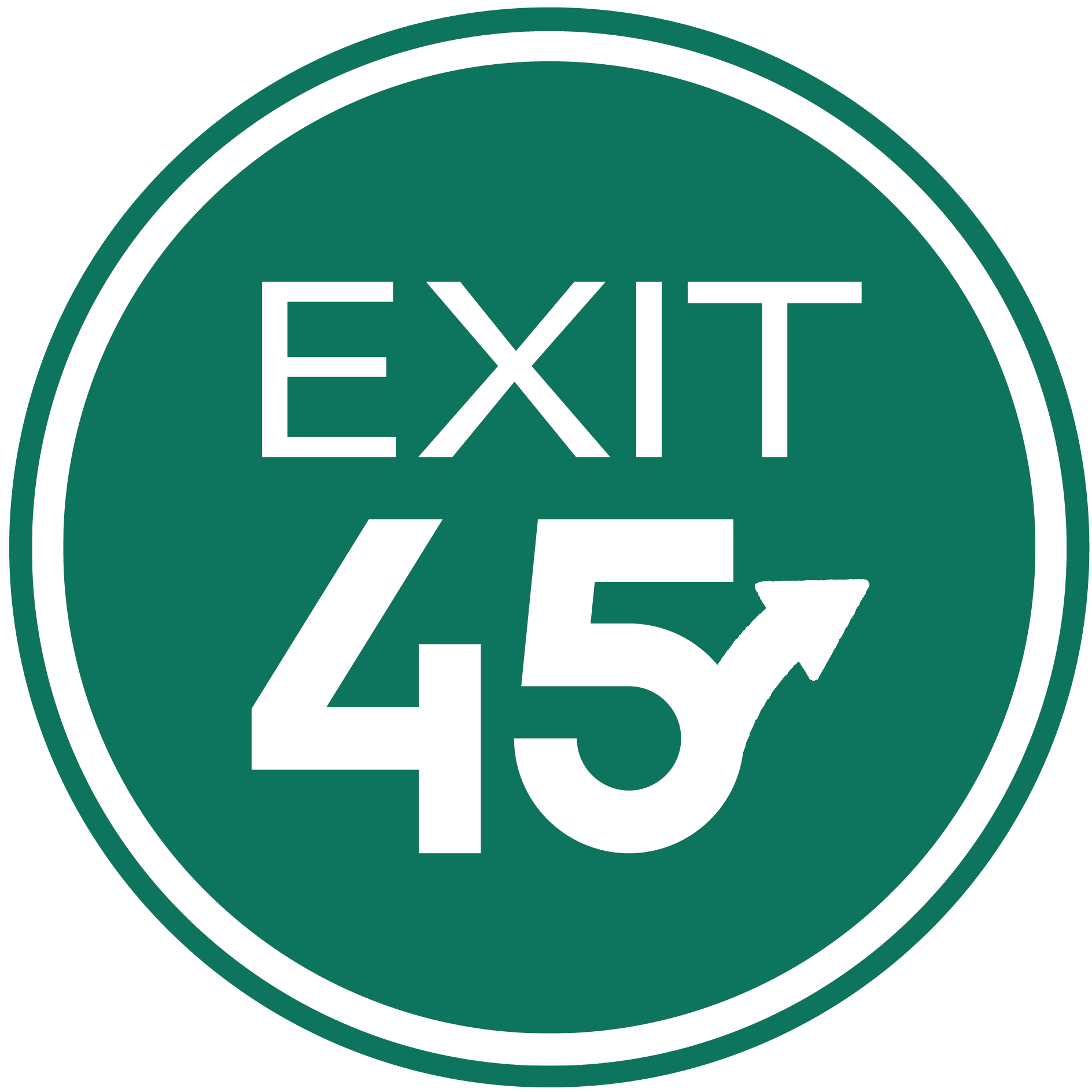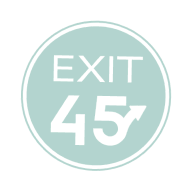Excessive Personal Expenses and Skimming Cash When Selling a Business
In the last issue (#71) we discussed the obstacle created by Large Working Capital Requirements. In this issue we’ll provide insight into another common obstacle: Excessive Personal Expenses and Skimming Cash.
"The Income Tax has made more liars out of the American people than golf has." Will Rogers
Excessive Personal Expenses and Skimming Cash When Selling a Business
It’s best to eliminate the running of excessive personal expenses through the company, or the skimming of cash, several years before selling your business.
In Issue #6, How Small Businesses Are Valued Based on Seller’s Discretionary Earnings (SDE), you learned that properly documented personal expenses run through the business, which have nothing to with operating the business, can be added back into SDE.
In reviewing a marketing package for the sale of a business, one of the first things a buyer is going to see is the normalization of cash flow (SDE) that show those “junked up” or messy personal expense add-backs. First impressions are lasting impressions and messy normalizations definitely create a negative impression from the beginning.
Types of personal expense add-backs when selling a business
Personal expense add-backs might include a number of non-business expenses related to vehicles for you and your family; household; travel, vacation and entertainment; insurance; professional fees; membership dues; country clubs; and season tickets. It may also include payroll checks to family members not working in the business, etc.
A buyer will want a seller to prove those non-business add-backs. Particularly if they are material to the calculation of SDE, a buyer is not going to just take the seller’s word for it. The need to prove/verify those add-backs can lead to some uncomfortable moments for both parties during the acquisition process.
There are three reasons to eliminate or minimize personal expense add-backs
1) Avoid the messy cash flow (SDE) normalization. Buyers prefer businesses that are clean. Some buyers are permanently turned off as soon as they see such a presentation. Especially if the add-backs are immaterial, ($200 here, $350 there), it’s better to not add them into SDE.
2) Buyers tend to be a distrustful lot. If a buyer sees personal expenses that are so exorbitant that it may border on tax evasion, they begin to lose faith in the integrity of the seller. They may think, “If you’re not being honest with the IRS, how can I expect you to be honest with me?”
3) Many business sale transactions are financed by lenders. While you may be able to convince a buyer that personal expense add-backs are justified, lenders will not consider those expenses as part of SDE for their evaluation purposes. In other words, if you have $150,000 in SDE, which includes $25,000 of personal expenses, the bank is only going to evaluate the business on $125,000 of SDE. In small business lending evaluations, it is not unusual for the personal add-backs to be such a significant portion of SDE that the lender is unable to approve the financing of the acquisition.
Clean records help facilitate a smooth business sale
Many owners have been running small personal expenses through the business for so long, they’ve forgotten about them. Family cell phone bills, family insurance bills, family automobile repairs, etc., can be so routine, you almost forget they are non-business. Those expenses can add up quickly and significantly reduce SDE.
In preparing for a sale of your business, the best thing to do is to completely eliminate those non-business expenses so you can maximize cash flow (SDE), thus maximizing the value of your business. It’s also best to eliminate non-essential business expenses. A couple of years of “clean” records will make the selling process smoother and yield a higher sale price.
Stop skimming cash when selling a business
In my eight years of business brokerage, I’ve been continually flabbergasted by the amount of cash that prospective sellers indicate “never sees the light of day.” First of all, I’m not really interested in hearing about it and neither are prospective buyers. They will not pay for cash that is not run through the company’s books, nor should they. Sellers cannot “have their cake and eat it, too.” Again, buyers may perceive the skimming of cash as a trust issue. So, if you are skimming cash, keep it to yourself. But when it comes to preparing to sell your business, stop doing it, period. The extra cash flowing through the company coffers will increase the value of the business, likely by a factor of two to four times the unreported cash.
Excessive tax avoidance negatively impacts your ability to sell C-Corporation stock
In Newsletter Issue #64, we discussed “C-Corporation Tax Implications.” To avoid double taxation of a C-Corporation, a possible alternative is for the C-Corporation owner (stockholder) to sell his shares of stock in the corporation (as opposed to the corporation selling its assets) to achieve favorable capital gains tax rates.
Prospective sellers should be aware that buyers are unlikely to acquire the stock of a C-Corporation that has a potential tax liability for excessive personal expenses run through the business or for skimmed cash. This is just another reason to run your business on the “up and up.”
Do you need to minimize the personal expenses you run through your business?
"The United States has a system of taxation by confession." Hugo Black
Overcome the Power of Inertia
Overcome the Power of Inertia and call a business broker for a free consultation. Many brokers offer no-charge, no-obligation evaluations of small businesses. They can provide a broker opinion of value and help you identify obstacles to a successful sale as well as opportunities for improvement to increase the value of your business. That is a great way to start planning for a successful and profitable exit from your business.

